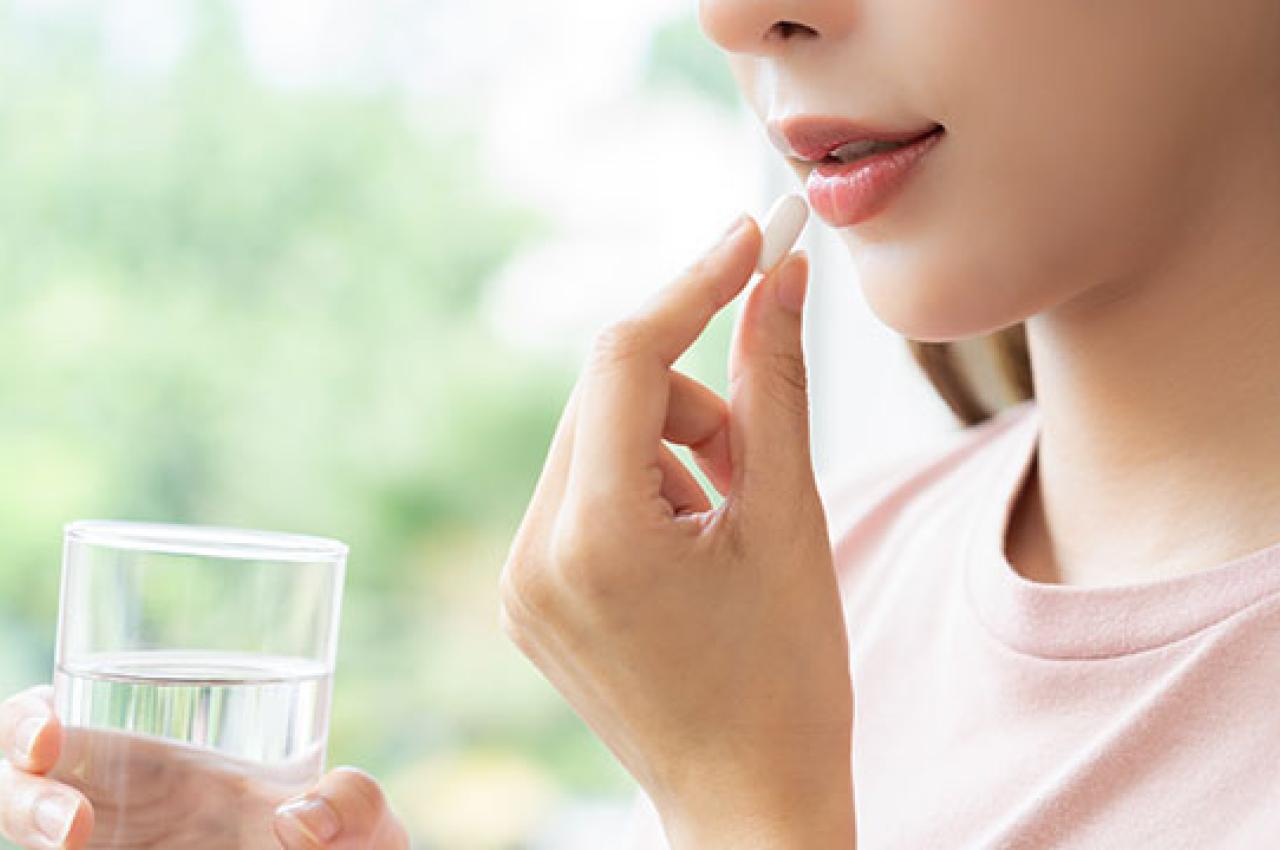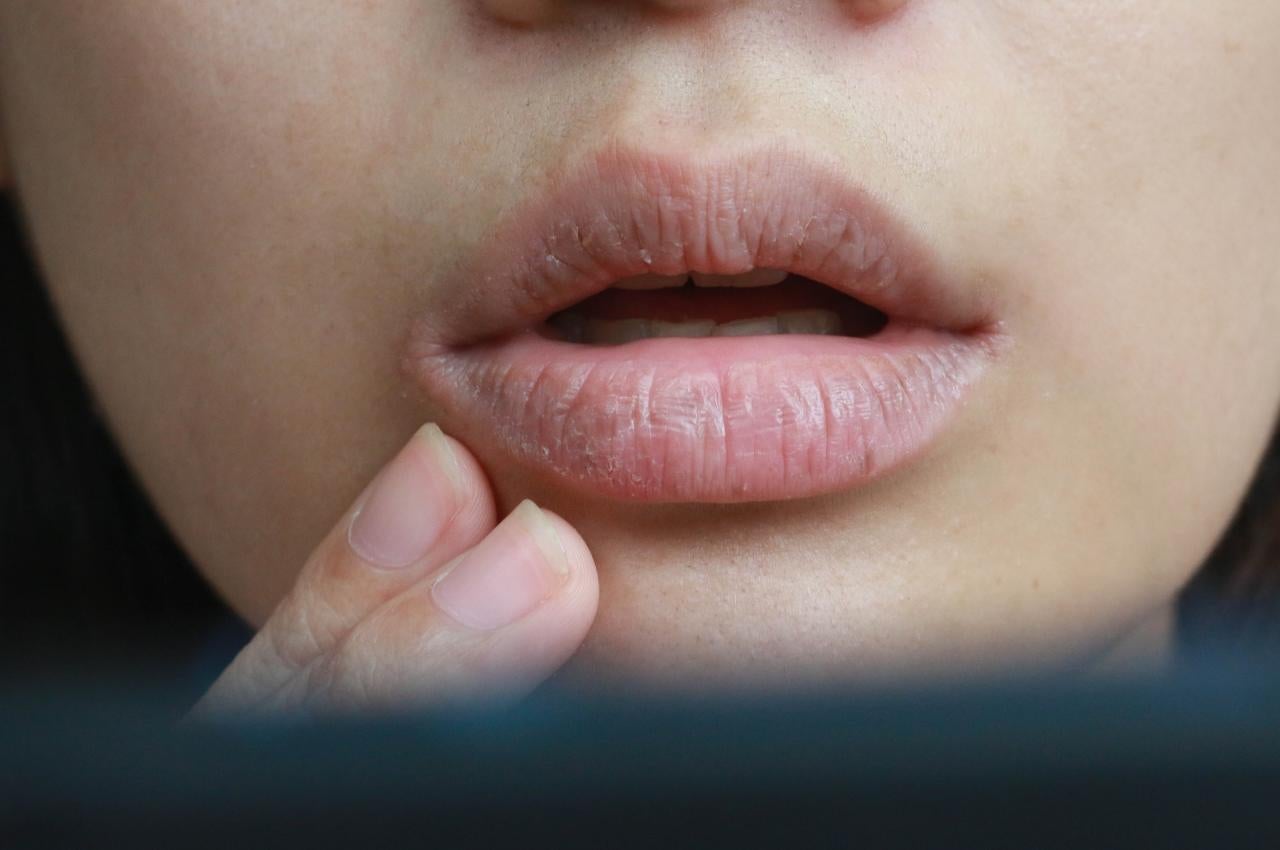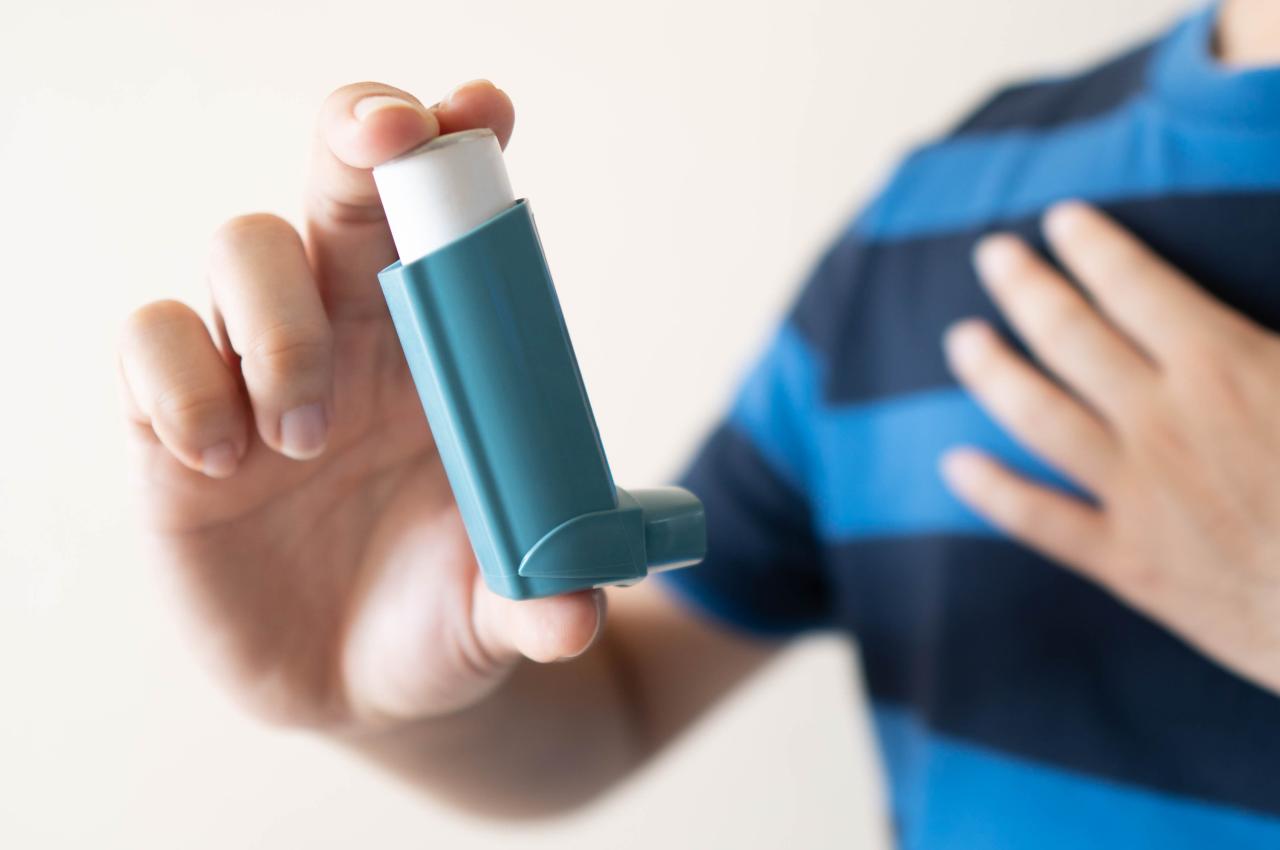Will Oral Collagen Supplements Keep My Skin Healthy?
Farah Moustafa, MD, an assistant professor at Tufts University School of Medicine and dermatologist with Tufts Medical Center, answers: “Oral collagen supplements are not currently recommended to treat skin aging, although they can be considered along with other more effective and well studied interventions.
“While some studies suggest oral collagen supplements (particularly hydrolyzed collagen) may improve skin hydration and elasticity, others disagree. A recent meta-analysis of 23 randomized controlled trials found that studies supporting the use of collagen supplements were more likely to be low quality and funded by pharmaceutical companies, whereas high-quality studies with other funding sources did not find any benefit from collagen supplementation.
“Collagen is a protein found throughout the body, including in skin, muscles, bones, and connective tissues. As we age, our body’s natural collagen production slows down, leading to signs of aging like wrinkles, sagging skin, and joint discomfort. But collagen needs to be broken down to be absorbed, so consuming it does not actually provide collagen to the parts of the body that might need it.
Hungry for more?
For more expert guidance on healthy cooking, eating, and living, subscribe to Tufts Health & Nutrition Letter, published each month by the Friedman School of Nutrition Science and Policy.
“Be aware that oral collagen supplements made from marine sources (seafood) run the risk of being contaminated with methylmercury. Additionally, supplements are not checked for safety or effectiveness before entering the marketplace. According to the American Academy of Dermatology, most oral collagen supplements currently in the marketplace lack third-party verification and do not have clear ingredient information.
“A healthy dietary pattern provides your body with the nutrients necessary to build its own collagen. Be sure to get adequate protein and include foods rich in vitamin C like strawberries, kiwis, red bell peppers, and citrus fruits.
“Other lifestyle habits are important at maintaining collagen. Using sunscreen to protect against UV damage, regular use of a topical retinol/retinoid, and avoiding smoking can all help preserve collagen and prevent its breakdown.”
Farah Moustafa, MD, FAAD, is an assistant professor at Tufts University School of Medicine and a dermatologist with Tufts Medical Center.
This article originally appeared in the Tufts Health & Nutrition Letter, published each month by the Friedman School of Nutrition Science and Policy.
Latest Tufts Now
- Samantha Jonas’ Legacies of ResistanceA member of the Mashpee Wampanoag, she’s doing a deep dive into tribal efforts to reclaim their lands
- A ‘Warrior Ethos’ Isn’t the Best National DefenseThe recent renaming of the Defense Department to the Department of War highlights the reflexive reliance on armed force, says international relations expert
- Does Your Mouth Feel Dry? Don’t Ignore ItSaliva does all kinds of things. If you don’t have enough, it’s not just unpleasant; it’s a challenge to oral health
- The Human Cost of Healthy EatingStudy finds that some recommended U.S. diets carry higher risk of forced labor in their food supply chains
- Tufts Community Day Hosts 2,500 Neighbors on the HillMedford and Somerville residents joined Tufts students, faculty, and staff on October 5 for the annual tradition
- What a Respiratory System Expert Wants You to Know About AsthmaFrom misdiagnoses to new treatments, a School of Medicine expert offers a crash course on the inflammatory disease













